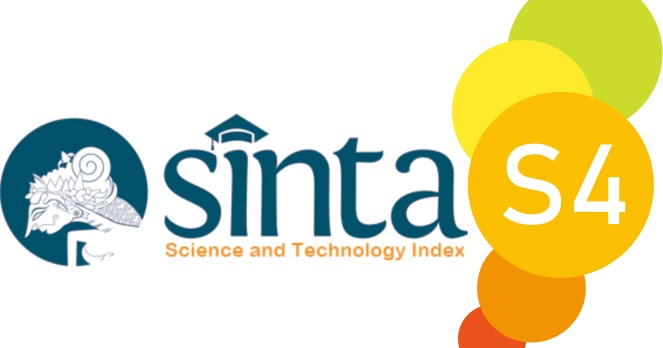Program Pendampingan Pengendalian Kualitas Dodol “D’Tungku” Melalui Pendekatan Sanitasi Pangan
DOI:
https://doi.org/10.36277/abdimasuniversal.v4i1.210Keywords:
dodol betawi, quality improvement, food sanitation, packagingAbstract
Dodol is classified as a semi-wet snack with a chewy texture and does not last long to be stored because it is susceptible to microbial contamination. Handling dodol from the production process to packaging needs to consider food safety so that its quality can be maintained and food contamination can be avoided. Sanitation Standard Process Procedure (SSOP) is one of the main requirements for food processing, including dodol. Food sanitation is an essential part of the dodol quality control process. This community service (PkM) aims to provide assistance and training to improve the quality of dodol in the "D'Tungku" betawi dodol business Hj Muhaya Bojong Gede Bogor. A straightforward application of food sanitation can be seen in workers' clothes. Production clothing must cover all parts of the body, thereby reducing contamination originating from the individual's body, such as sweat. Headgear and masks complement production clothing to protect against product contamination, especially hair and respiratory droplets. In addition to the dodol production process, the packaging process is also an essential part of maintaining the quality of dodol. This PkM provides several alternative proposals for dodol packaging, including vacuum packaging, which aims to make dodol more widely accepted. This PkM is expected to bring benefits to Hj. Muhaya's "D'Tungku" dodol business.
Downloads
References
Fitriana, R., Sari, D. K., & Habyba, A. N. (2021). Pengendalian dan Penjaminan Mutu (First). Wawasan Ilmu.
Habyba, A. N., Delfitriani, & Djatna, T. (2019). An affective design for jenang packaging in Indonesia. IOP Conference Series: Earth and Environmental Science, 230(1). https://doi.org/10.1088/1755-1315/230/1/012030
Habyba, A. N., Sari, I. P., Hetharia, D., & Sugiarto, D. (2022). Product Quality Improvement Through Training on Tempeh Packaging at PRIMKOPTI SWAKERTA Semanan. Abdimas Umtas: Jurnal Pengabdian Kepada Masyarakat, 4(2), 894–899.
MK, M., & MB, C. (2017). Vacuum Packaging Technology: a Novel Approach for Extending the Storability and Quality of Agricultural Produce. Advances in Plants & Agriculture Research, 7(1). https://doi.org/10.15406/apar.2017.07.00242
Ridawati, & Alsuhendra. (2022). Implementation Sanitation Standard Operational Procedure in Online Food During Covid-19 Pandemic in East Jakarta. International Journal of Research in Community Service, 3(1), 46–53.
Sucipto, S., Sumbayak, P. W., & Perdani, C. G. (2020). Evaluation of Good Manufacturing Practices (GMP) and Sanitation Standard Operating Procedure (SSOP) Implementation for Supporting Sustainable Production in Bakery SMEs. Turkish Journal of Agriculture - Food Science and Technology, 8(1), 7. https://doi.org/10.24925/turjaf.v8i1.7-12.1960
Widiantara, T., Devy, H., & Afiah, N. ’. (2018). Pengaruh Perbandingan Gula Merah dengan Sukrosa dan Perbandingan Tepung Jagung, Ubi Jalar dengan Kacang Hijau Terhadap Karakteristik Jenang. Pasundan Food Technology Journal, 5(1), 1–9.
Winarno, F. (2004). Kimia Pangan dan Gizi (Edisi Sebelas). Gramedia Pustaka Utama.























